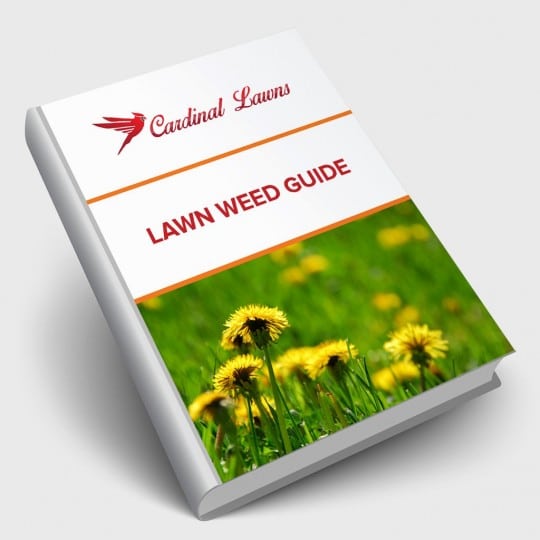Summer Weed Control
Whether Natural or Not
Posted
July 7, 2022

In the harsh heat of summer, some plants need extra water, but others seem to thrive in any weather. Like weeds. Sure, they may add greenery to your grass and garden, but if you don’t want them to take over, there are steps to take to stop them. Here are some summer weed control tips to try this season.
Weeds in Any Weather
Now that summer is starting to heat up, you may find it harder to keep desirable plants and grass alive. However, some plants thrive in harsh conditions. Especially weeds. While they may be green and hardy plants, weeds tend to do best in bad situations.
- Where there are bare spots on your lawn, weeds will grow.
- When there’s not enough water for other plants to compete, weeds will grow.
- If you don’t do anything about the first signs of weeds, they will continue to grow.
Summer Weed Control
Overall, the best way to control weeds is to maintain a healthy lawn. This means it needs proper aeration, water, mowing, and fertilizer to grow lush and healthy. The stronger the lawn, the more likely it will crowd out weeds altogether. However, this isn’t always easy, especially in harsh weather.
When it comes to the garden, the best defense against weeds is mulch. A few inches of nutrient-rich material do wonders for your plants. From retaining moisture to blocking weeds, it’s a must for maintaining your flower or veggie beds. But then again, some weeds can break through this natural barrier. This is when you need to move on to plan B.
Plant Plan B – Identify First
When you notice weeds start to pop up, the best way to keep them under control is to act fast. There’s a reason for the saying, growing like a weed. Weeds grow fast. And it doesn’t take much work from you to help it grow, but it takes a lot to stop it.
To make things easier, you need to identify the type of weed you’re dealing with. There are grassy weeds that blend with your lawn because of their likeness to grass. These are tougher to control simply because they look and grow like desirable grass.
Then there are broadleaf weeds that are easier to spot because of their broader leaves and the flowers some produce. Sometimes they can simply be pulled out by hand, just make sure you get to the root of the problem.
Once you know what you’re dealing with, you can better determine what to do to stop it.
Pick Your Poison
One of the quickest ways to deal with weeds is the use of herbicides. There are pre-emergent products that help prevent the germination of weed seeds. This is only useful before any signs appear. Post-emergent products work on certain weeds that have already broken through the surface.
Also, keep in mind, selective herbicides are formulated to kill specific types of weeds. Non-selective formulas may cover a broader range of plants, but this list also includes grass and plants you may want to keep.
No product is perfect, and the best way to help maximize results is to read all warnings and instructions for proper use.
Natural Summer Weed Control
If you’re opposed to chemicals, there are more green methods to weed control. Hand-pulling may seem tedious, but there are some garden tools to help make the process easier. Just be aware that if you don’t pull the root out, the weed will most likely grow back—and fast.
Weeds are also seen as indicators of poor lawn and garden maintenance. Issues such as soil quality, lack of water, or insects can contribute to weed production. Correcting these issues is another more natural way of helping to prevent weeds from taking over.
Once you get your lawn and garden under control, take care to keep up with maintenance by applying mulch in the spring or fall; properly mowing, watering, and fertilizing; aerating once a year; and consulting with a lawn care pro when needed.
Contact Cardinal Lawns for more tips on how to help keep your lawn and garden weed-free this season and strengthen your yard for seasons to come.

Download Your FREE Lawn Weed Guide
Before weeds take over your yard this season, learn to identify and prevent them in the first place. Keep your lawn looking great all year!